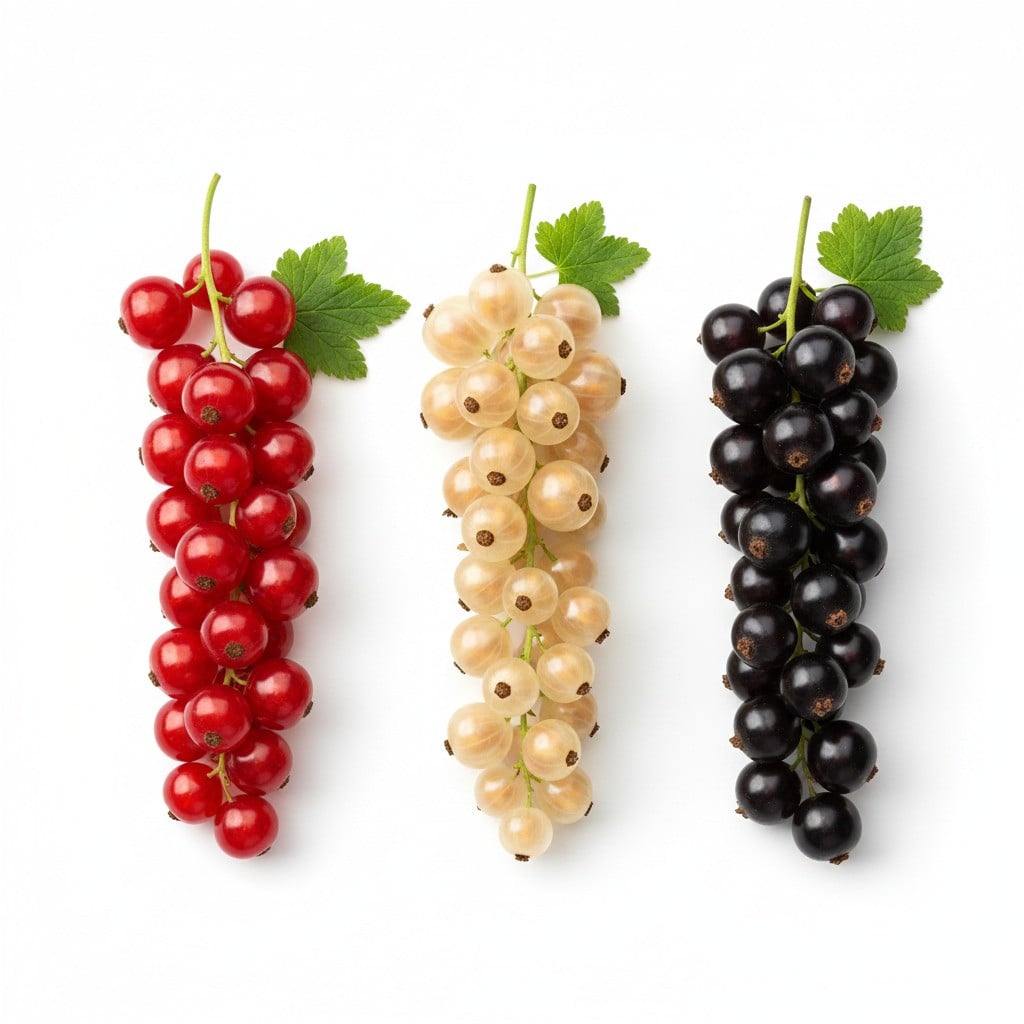Currant

Currant
Ribes rubrum, Ribes nigrum
Plant family
Gooseberry family (Grossulariaceae)
Season Overview
Planting
Harvest
Harvest
J
F
M
A
M
J
J
A
S
O
N
D
1ST YEAR
FOLLOWING YEARS
Details
Light requirement
Semi-shaded
Water requirement
Moist
Soil
Medium (loamy)
Nutrient requirement
High
Plant distance
150 cm
Row spacing
150 cm
Seeding depth
0Not specified
Instructions
Description
Currants belong to the gooseberry family. The bushes reach a height of growth of about 1 to 1.50 meters/1-1.6 yd. They are perennial and well adapted to our climate. Currants are frost hardy, but most varieties shed their foliage over the winter. Its lifespan is about between 10 to 15 years.
Origin:
They come from Central and Eastern Europe.
Growing tips
Currants can be planted between February and December. But the best time is in the fall. Shrubs benefit from winter moisture. It is best to choose a sunny location sheltered from the wind. In partial shade, fruit yield and quality suffer. The more sun, the sweeter the fruit. The planting hole should be at least twice the size of the root ball. The soil must be loose, humus and free of wild weeds. This will make it easier for the roots to make their way through the soil. Cut the strongest five to six shoots to one-third of their length. At least four buds must remain. Cut off the remaining shoots close to the ground. Before planting, the root ball must be moist. Soak it in water and plant the shrub. Finally, add a layer of mulch. Prune the shrub every year from now on. The way is specific to the variety. The harvest time of the berries is from the end of June to August.
Companion Plants
Antagonistic Plants
No antagonistic plants
Diseases
No diseases
Pests
Spotted wing drosophila
Garden chafer
Common winter moth
Currant Aphid
Voles